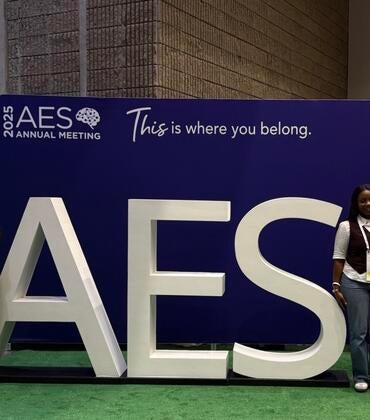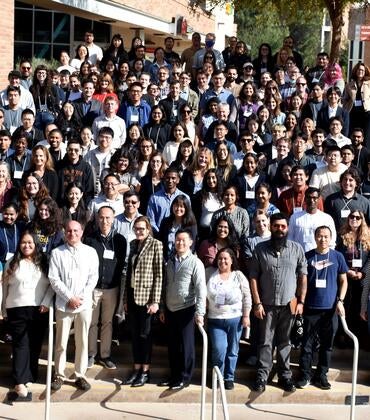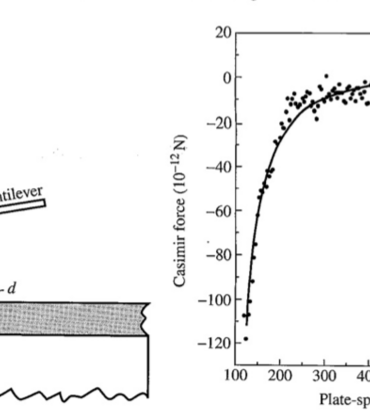Elizabeth Berger, UC Riverside assistant professor of anthropology, examined more than 1,000 ancient Chinese skeletal remains for a study she co-authored.
Berger was one of 25 authors on the team, representing 21 schools, and led by Professor Gwen Robbins Schug at the University of North Carolina at Greensboro. A collaboration of this magnitude is seldom achieved and offers unique insight from ample amounts of data, Robbins Schug said. The meta-analysis of approximately a decade’s worth of bioarchaeology data was published today as a Proceedings of the National Academy of Sciences perspective article.
The researchers assessed human skeletal data and findings from 37 bioarchaeology studies of populations living from 5,000 years ago to 400 years ago. The societies spanned the globe, hailing from present-day America, Argentina, Chile, China, Ecuador, England, India, Japan, Niger, Oman, Pakistan, Peru, Thailand, and Vietnam. The comprehensive analysis can help policymakers understand how a rapidly changing environment can be detrimental to humanity and plan how to mitigate these impacts.
In her work over the last decade, Berger has analyzed more than 1,000 human skeletons, and her findings are included as part of the data in this study. Berger researches human-environment interaction and human ecology in ancient Northwest China, using methods from paleopathology and paleodemography. Paleopathology is the study of diseases found in human remains, while paleodemography focuses on reconstructing past population structures using human skeletons.
A human skeleton can paint a picture of a person’s life, since although many infectious diseases do not leave traces in bones, chronic conditions like arthritis do. A pelvis can help determine the person’s biological sex, while their dentition can indicate where they lived and what they ate. Bones can also tell a person’s approximate age. This evidence is utilized to see how climate change events, along with social and environmental factors, affect human health in a single lifetime or throughout human history.
The results of the study demonstrate that small and interconnected rural communities that used local resources with diverse food options were more resilient. Robbins Schug, Berger and their colleagues also found that urban societies with high levels of economic inequality are more vulnerable to violence and disease. It is more challenging to protect a society from disease and violence when large parts of the population are vulnerable, according to the study.
As the world warms, the team of scientists hope their current and future findings can help policymakers set priorities that reduce pandemic diseases, poverty, hunger, and violence.





